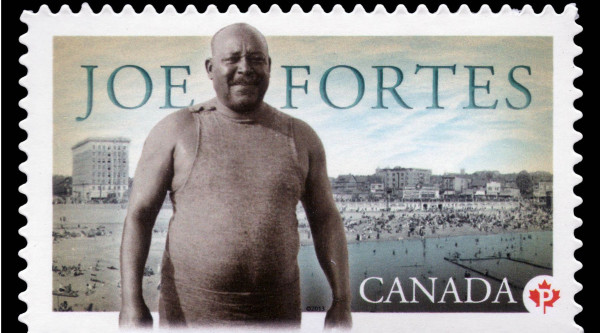In all honesty, it is something that I haven’t completely learned myself because each situation we encounter might require a different approach. But one thing I’ve always done with my children is to point out injustices so that they can recognize them and be compelled to take action in a way that is safe yet impactful.
That’s what happened last week when my eight-year-old daughter came home with her ‘words of the week.’
To give a little bit of context, each week the teacher gives the class 10-12 words for them to study for their spelling test that happens on Fridays. My daughter and I get very serious about studying the words. As a former spelling bee champ, this is something I’ve passed on to her, my love of words and language.
On Monday night she handed me the sheet, as usual, announcing that this month her teacher would be focusing on Black History Month, so the words would reflect that. But that she wasn’t sure if she ‘liked’ the words.
As I took the sheet and began to read my blood began to boil.
I was very disappointed with the words that were chosen and the message it is sending to her as well as other students.
The teacher chose to focus on Black history yet the words focused on slavery.
Am I missing something here? When will schools begin teaching students that Black history is way more than slavery? While slavery is a part of Black History it is not the only history that exists, there’s more to focus on than chains and bondage.
Historically schools have a way of perpetuating the messages that society has constructed, especially when it comes to the Black community. Whether consciously or unconsciously this narrative needs to change, our children deserve better.
And while slavery is the context in which current race relations was created, which is Black inferiority and white superiority, this is not what we should be teaching the next generation of leaders and changemakers.
I wrote an email to the teacher and the principal of the school. The Principal, who is also a Black woman, contacted me the next day and was as surprised and disturbed as I was and she vowed to do better, which I believe and appreciate. While she’s only been at the school for a short time, I already see the beautiful impact she is making on the students. Her approach is culturally responsive and centered on students.
The teacher contacted me the next week and did not fully understand my frustration and explained to me that she had not chosen the words, but in fact those were the same words that had been used for the last five years for grade three students during Black history month. New to the grade three team, she merely inherited the words and did not think to change them nor did she have a particular issue with the words.
This is not by any means a criticism of the teacher, who is also a woman of colour, because she is merely a small piece of a larger puzzle that needs to be repaired. Because I’m sure if I went into most of the classrooms at this school as well as in the region and perhaps even the country it would be the same story and this is disappointing.
It is disappointing because my daughter’s school in particular is named after Michaëlle Jean, a Black woman who represented Canada as the 27th Governor-General and the first woman of colour to hold that post.
Furthermore, the student population in this school is incredibly diverse with at least 70% Black and Brown students.
I would think that maybe just maybe we can choose words that focus on Black Canadian Excellence. Words that allow the children to know that Blacks are more than the chains and bondage that once plagued them because what message are we sending to the students of all colours?
In the Compendium of Action for Black Student Success, a document that was created in 2018 after research done by the Durham District School Board, one of the points that were highlighted by students in the Durham Region was that when learning Black history ‘it shouldn’t just be about slavery,” yet here we are.
It is so important for little Black boys and girls like my daughter but also children of different races and ethnicities to understand and learn that slavery is only part of the story, that’s it. And if we, as a collective society, want to move past the scars of slavery we must first stop reopening them and making them the foundation of the Black narrative.

 By
By 





